French Development Agency loans US$104.78M to Moroccan Water Company
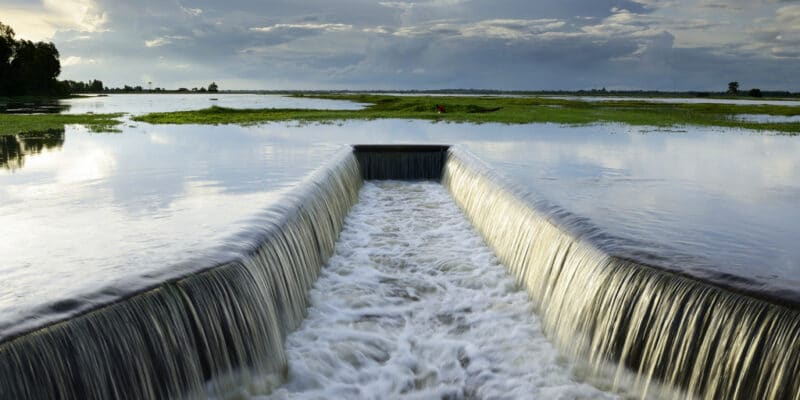
The French Development Agency (AFD) has agreed to provide MAD1.05 billion (US$104.78 million) loan to Morocco’s RADEEM and RADEETA through two separate agreements.
The two agreements intend to facilitate access to sanitation and drinking water services for more than 1.8 million people living in the autonomous water companies’ utility territories.
These territories include: Radeej (El Jadida), Radeel (Larache), Radeet (Beni Mellal), Radeeta (Taza), and Radem (Meknes).
The AFD’s Mihoub Mezouaghi signed these agreements alongside RADEM’s Mohamed Amerzag, RADEETA’s Moulay El Mehdi Rachid, and France’s ambassador to Morocco Helene Le Gal.
The program funds will be channelled towards investment, construction, extension, or rehabilitation of drinking water production units, pumping stations, water supply, and distribution pipes.
Additionally, they will be utilized to maintain reservoirs, wastewater, rainwater collectors, and storm drains.
The investments further cover network rehabilitation and optimization, to combat leaks and improve water supply, as well as modernize and digitize the company’s operating systems.
These two agreements are not the only measures that Morocco is making to combat a country-wide drought crisis.
The National Office for Electricity and Drinking Water (ONEE) launched a dam project on March 27, 2022, to secure the supply of drinking water in the Marrakech region.
The project was estimated to cost MAD 2.5 billion (US$268.24 million) and is part of the National Program for the Supply of Drinking water and Irrigation 2020-2027, which has the goal to construct 120 dams by 2024 among other measures.
The country has also opted for desalination plants to help make up the deficit, although they are energy-intensive and pump brine back into the sea which causes its own environmental problems.
The North African country is trying to find additional solutions to solve the country’s need for water after being hit by the worst drought in three decades this year.
Currently, Moroccans have access to just 600 cubic meters of water per person per year, far below the 2,600 cubic meters they enjoyed in the 1960s.
Developmental partners have also come to the aid of the North African country as recently, World Bank pledged a US$180 million support to enhance irrigation in the country in the face of drought.
The funds will be channelled towards implementation of the Resilience and Sustainability of Irrigation Water (REDI) project.
Within this framework, REDI will support the creation of a pilot platform for tradable water allocation that will cover 98,000 hectares belonging to 20,000 farmers in the Tadla perimeter, a region located in central Morocco.
It will support the implementation of the Chtouka groundwater contract in the Casablanca-Settat region to improve sustainable groundwater management.
To strengthen water governance, the project also plans to design, develop and implement digital water management and Agri-informatics tools.


 President Akufo-Addo Inaugurates Dualisation of Anwiankwanta-Ahenema Kokoben Road to Ease Traffic and Boost Connectivity
President Akufo-Addo Inaugurates Dualisation of Anwiankwanta-Ahenema Kokoben Road to Ease Traffic and Boost Connectivity  ECOWAS HQ construction draws closer to completion
ECOWAS HQ construction draws closer to completion 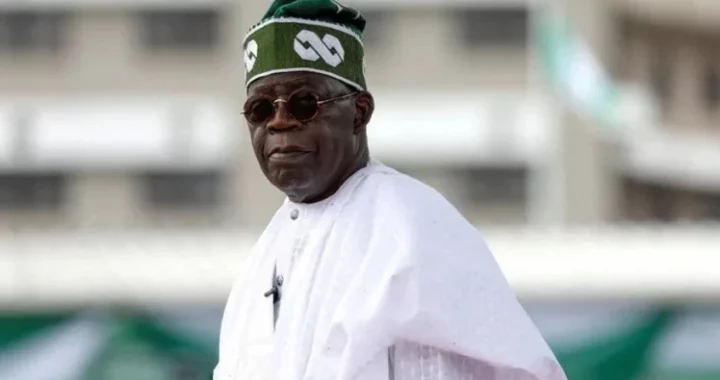 Nigerian President: Fuel Subsidy Removal Saves $1.32B in 2 Months
Nigerian President: Fuel Subsidy Removal Saves $1.32B in 2 Months 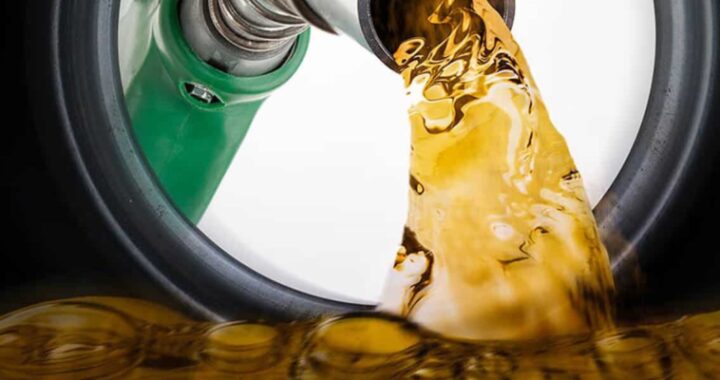 Tanzania’s Fuel Prices Surge Amid Cross-Border Fuel Sourcing
Tanzania’s Fuel Prices Surge Amid Cross-Border Fuel Sourcing 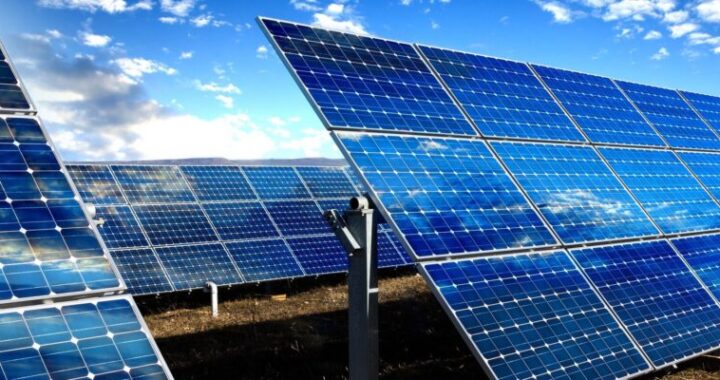 Israel to power Zambia with $100m. solar-wind energy project
Israel to power Zambia with $100m. solar-wind energy project 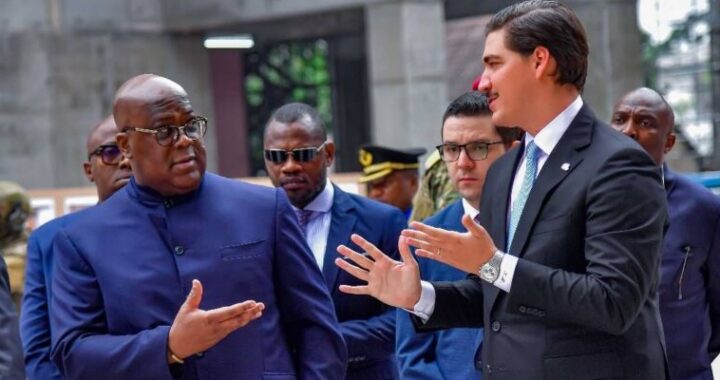 DRC President Oversees Progress on Kinshasa Financial Center
DRC President Oversees Progress on Kinshasa Financial Center  TENDER FOR THE ESTABLISHMENT OF CODING & ROBOTIC HUBS IN SCHOOLS | SOUTH AFRICA
TENDER FOR THE ESTABLISHMENT OF CODING & ROBOTIC HUBS IN SCHOOLS | SOUTH AFRICA  Angola-Zambia Road Project to Boost Trade and Economy in Eastern Angola
Angola-Zambia Road Project to Boost Trade and Economy in Eastern Angola  Power China Group Utilizes Linnhoff TSD1500 for Key Rural Road Projects in Kenya
Power China Group Utilizes Linnhoff TSD1500 for Key Rural Road Projects in Kenya